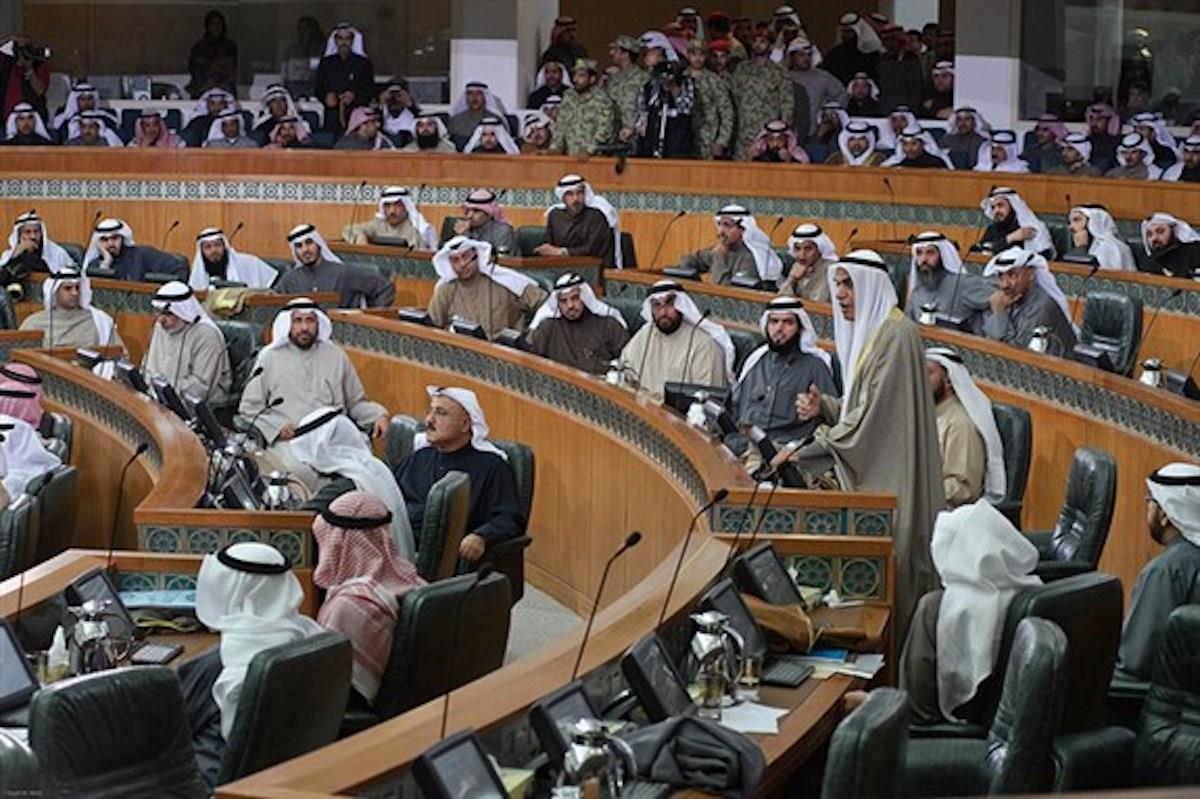Trump's Trade War Would Damage Us All
Date
5/13/2024 7:11:41 PM
(MENAFN- Asia Times)
There are many reasons to hope that Joe Biden exploits a strong Economy and anger over the end of abortion rights to beat Donald trump on November 5
for a second time in the US presidential election.
The most important is the preservation of American democracy, which, despite all its flaws, remains an inspiration to other countries. The election of a man who did everything he could to subvert that democracy, between his crushing defeat on November 3, 2020, and his followers' violent assault on the Capitol on January 6, 2021, would represent a huge defeat for justice as well as the US Constitution.
There is also, however, another reason, which is not getting the attention it deserves. It is that Trump is dedicated to doing severe damage to the world's trading system if he wins a second term. In many aspects of foreign policy, the danger with Trump is that he is unpredictable in his thinking and transactional in his behavior. With trade, the danger is that he is entirely predictable.
Trump says that as president he would impose a 10% tariff on all goods imported into the United States. Currently, the average tariff on US imports is about 2%, with half of all industrial goods entering entirely tariff-free. It is true that he also made this pledge during the 2016 election campaign and then did not implement it when in office. However in a second term he would feel stronger and would have less need to listen to business lobbyists.
Such a tariff would raise prices for American consumers. That would likely serve to depress US economic growth at just the time when it would be slowing anyway as the big fiscal stimulus provided by the Biden administration would be coming to an end. But the big question concerns how America's trading partners in the European Union, Japan and the United Kingdom would respond.
Latest stories

Unleashed bank deposits misused in Chinese economy

A silenced Muslim valedictorian speaks, sort of ...

Kuwait: Islamists and the end of Arab democracy During the 2016-20 Trump term, US Trade Representative Robert Lighthizer raised tariffs sharply on imports from China – but for Europe and Japan he imposed barriers only on imports of steel and aluminium, supposedly on national security grounds. The European and Japanese governments protested those barriers but assumed that with the passing of time the barriers would be removed, which in the end they mostly were by the Biden administration in 2021.
Japanese officials were already familiar with Lighthizer from his time as deputy US trade representative in the Reagan administration in the 1980s, when he had a reputation as a tough negotiator who did not believe in free trade. In the same decade, Trump published an advertisement in US newspapers calling for high trade barriers against Japan and Europe as well as for those countries to pay more for their own defense.
With Trump's victory in 2016 Lighthizer finally found a president who agreed with him, and he served the full four-year term as USTR. Last year he published a book,“No Trade is Free,” in which he defended the barriers he had imposed during 2016-20 and advocated the universal 10% import tariff. He remains an adviser to the Trump campaign and is tipped to return as USTR if his boss wins re-election.
It is possible to debate the effects for one country of levying import tariffs. It is like raising taxes: it brings in revenue and alters relative prices between domestic and overseas producers. Some people benefit and some lose out, with the ultimate outcome depending on factors such as how the exchange rate reacts.
What needs to be thought about, however, is what would happen if other countries retaliated by also raising tariffs against imports from America, or against all goods. The whole trend of the postwar decades, led by the advanced industrial countries, has been one of lowering tariff rates through negotiation: average tariffs among those countries fell from 40% in 1947 to 4% by the time the World Trade Organization was founded in 1995.
The WTO hugely widened the range of countries that followed common trade rules and applied negotiated tariffs to all other WTO members. It also set up arbitration panels to settle disputes between members. As a result, optimists claimed that trade wars were now a thing of the past.
The Trump-Lighthizer tariff regime would likely refute that optimism and set off a new trade war. During 2016-20 the European Union did respond to Lighthizer's tariffs on steel and aluminium with its own levies on iconic American products such as Harley-Davidson motorcycles or Bourbon whiskey, but these were symbolic retaliations rather than a wider battle.
We cannot be certain whether the European Union, Japan and other major trading countries would respond immediately to a 10% US tariff with similar tariffs of their own. China retaliated against the tariffs that Trump imposed specifically against its own exports in 2018 and would be likely to seek to organize a coalition of nations to do the same against a general US tariff.
My bet is that the EU, Japan, the UK and other advanced countries would begin by seeing whether they could bargain with the US for special treatment, but if that were denied then they would feel obliged to join China and others by retaliating.

Sign up for one of our free newsletters The Daily ReportStart your day right with Asia Times' top stories AT Weekly ReportA weekly roundup of Asia Times' most-read stories
In 1930 the US Congress responded to the beginnings of the Great Depression by an action that made it far worse: the“Smoot-Hawley tariff act,” named after the two Congressmen who sponsored it, raised America's already high import tariffs by 20%. European governments retaliated, and global trade was reduced by an estimated two-thirds during the four years in which the tariffs were in place.
The conditions of that decade were different from today's, and the banking collapse in America and Europe that had begun in 1929 undoubtedly contributed to the shrinkage of world trade. Nevertheless, the lesson is clear: No economy is an island, and aggressive actions to raise tariffs are likely to bring about a trade war in which everyone will lose out.
There is already tension among America, Europe and Japan over the subsidy regimes that Biden and the EU both have put in place to accelerate the transition toward greener production. But those competitive subsidy regimes have a shared purpose, and their future longevity is limited anyway, by the huge public debts held by all of America, Europe and Japan. They can cause tensions, but not trade wars. A big rise in US tariffs, however, would be different. A Trump trade war would be hugely damaging to us all.
Formerly editor-in-chief of The Economist, Bill Emmott is currently chairman of the
Japan Society of the UK , the
International Institute for Strategic Studies
and the
International Trade Institute .
This is the English original of an article originally published in Japanese and English by the Mainichi Shimbun and in English on the substack Bill Emmott's Global View . It is republished here with kind permission.
Already have an account?Sign in Sign up here to comment on Asia Times stories OR Thank you for registering!
An account was already registered with this email. Please check your inbox for an authentication link.
MENAFN13052024000159011032ID1108208287

Legal Disclaimer:
MENAFN provides the information “as is” without warranty of any kind. We do not accept any responsibility or liability for the accuracy, content, images, videos, licenses, completeness, legality, or reliability of the information contained in this article. If you have any complaints or copyright issues related to this article, kindly contact the provider above.